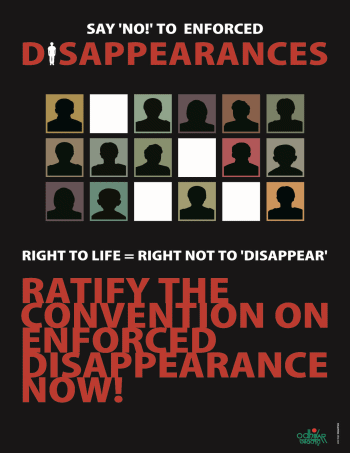Article by Nurul Kabir, Acting Editor of New Age, Dhaka, who comments upon the Bangladesh Telecommunication (amendment) Act, 2006.
The author concludes:
“Under such undemocratic legal and political an environment the country’s media discharges its democratic responsibility, as much as possible, to keep the people informed. Now that a legal tool is there for the government to ‘intercept and record’ even the informal interpersonal exchange of views among citizens, many a journalist will hesitate to make critical queries on various social, political, economic and cultural issues. Even if they make the queries, a minister and/or a civil servant on the other end would hardly speak out their minds to the media people, fearing government reprisals. The result is obvious. The law in question has completed the process of converting the people’s
republic called Bangladesh to a police state, where the governmental bodies refuse to divulge public information on the one hand and control thoughts of the citizens on the other. The piece of legislation has really appeared to serve as, to coin an Orwellian phrase, Thought-Police for an undemocratic political establishment — a double-edged sword, restricting free flow of public information on the one hand and dissemination of dissenting thoughts and views on the other.
Postscript
It is, perhaps, quite clear now that the recently enacted Bangladesh Telecommunication (amendment) Act, 2006 will continue to provide any government with a legal instrument to arbitrarily invade into the private spheres of the citizens, effectively curb the citizens’ democratic right to the freedom of expressions and block entirely the free flow of public information. Ironically, such an obtrusive law has been made in the name of protecting ‘national security’ and restoring ‘public order’. A free nation does not deserve such a humiliating treatment from any government elected by the people.”
article-interpersonal communications-2006-eng (full text in English, PDF)




